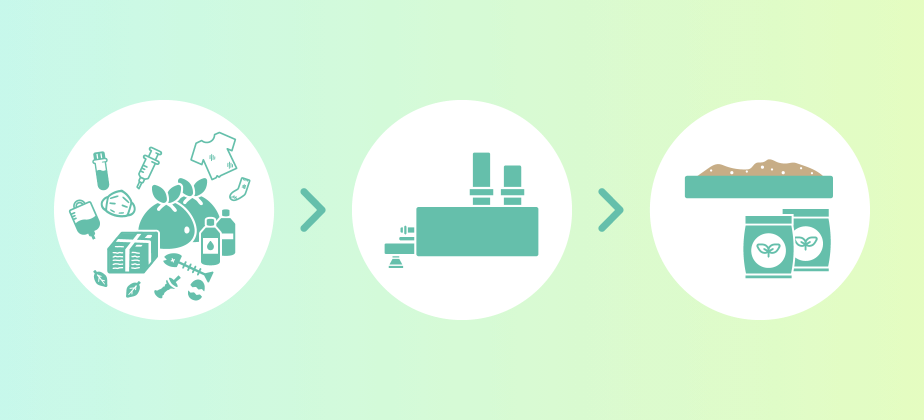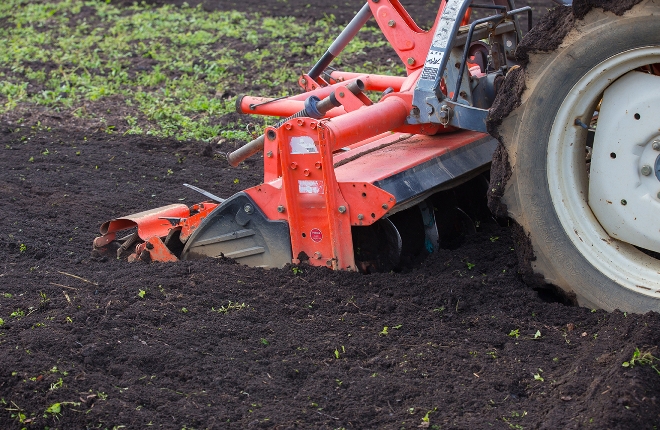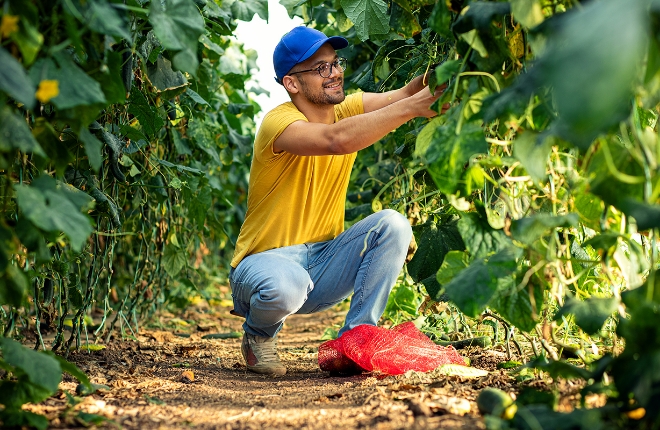Compost Generation Process
In the ALIN system, secondary residues remaining after methane gas fermentation are reused as compost. This process allows waste not only to be converted into energy but also to be utilized as a resource which is beneficial to agriculture. Waste is recycled without waste as compost.

Features and Quality of Compost
The generated compost is effective for replenishing soil nutrients and improving soil quality. Specifically, since it is made from naturally derived organic materials, it supports sustainable agriculture without relying on chemical fertilizers. This promotes the growth of crops and reduces the environmental burden.

By reusing organic waste, agriculture with environmentally friendliness can be realized.
Environmental Benefits
Using compost helps reduce the use of chemical fertilizers, preventing soil and groundwater contamination. Furthermore, by reusing waste as compost, the volume of waste can be decreased, contributing to CO2 emission reductions. This sustainable approach balances environmental protection with efficient resource utilization.

It contributes to reducing the environmental impact and waste.
Contribution to Agriculture
Compost becomes a valuable resource for local agriculture. By maintaining soil health and increasing crop yields, it supports the sustainable development of agriculture. The compost generated by the ALIN system contributes to the realization of a society with a circulation system in agriculture.

It supports sustainability in agriculture and enhances the productivity of farmland.